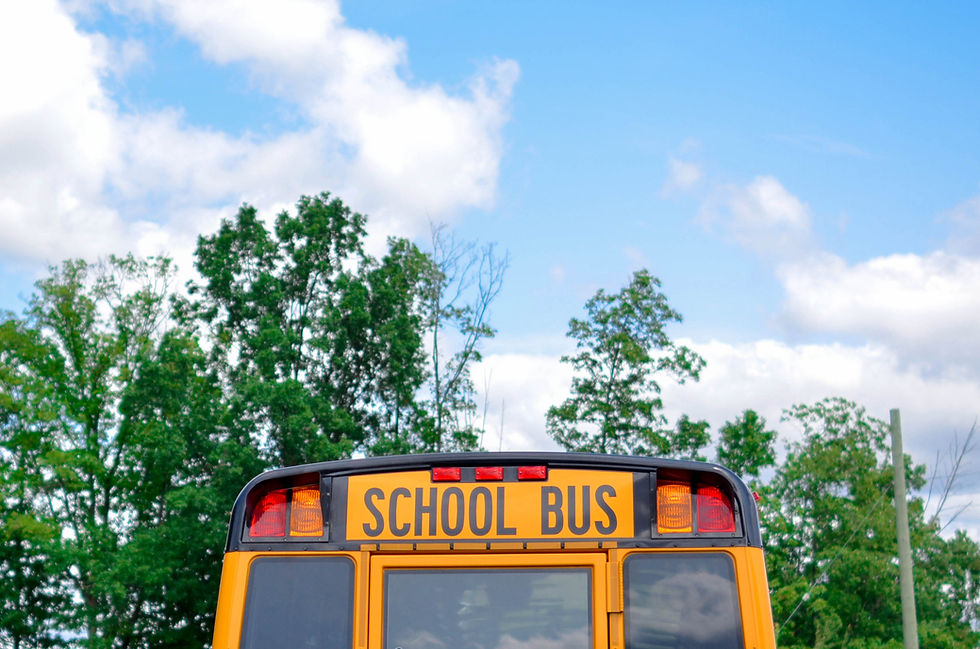How The Pandemic Has Impacted Student Motivation Returning to the Classroom
- Will Staber
- Mar 11, 2023
- 2 min read
The COVID-19 pandemic has had an unprecedented impact on the education system, with students around the world being forced to adapt to remote learning. As schools reopen and students return to the classroom, it's essential to examine how the pandemic has impacted students' academic, social, and emotional well-being.

Academically, the pandemic has had a significant impact on students. Many students have fallen behind in their studies due to the disruptions caused by remote learning. According to a recent survey by McKinsey & Company, the average student in the U.S was six to twelve months behind in their learning due to the pandemic. This learning loss can be particularly detrimental to students from lower-income families or students with learning disabilities, who may have less access to resources to support their education.
The pandemic has also had a significant impact on students' social and emotional well-being. The isolation and lack of social interaction caused by remote learning have taken a toll on students' mental health.
Returning to the classroom after such a significant disruption can be challenging for students. Some students may still be anxious or fearful about returning to school, while others may struggle to readjust to the structure and routine of in-person learning. Additionally, the pandemic may have changed students' priorities or goals, leading them to question the value of classroom learning.

Despite these challenges, there are ways that schools can support students as they return to the classroom. One approach is to focus on social-emotional learning (SEL), which emphasizes the development of social and emotional skills, such as self-awareness, empathy, and decision-making. By incorporating SEL into the curriculum, schools can help students develop the skills they need to navigate the challenges of returning to the classroom and beyond.
Another approach is to provide additional academic support and resources to students who may be struggling academically. This could include tutoring services, after-school programs, or personalized learning plans. By providing additional support, schools can help students catch up on the learning they may have missed during the pandemic.
Finally, schools can support students' mental health and well-being by offering counseling services or mental health resources. By prioritizing students' mental health and well-being, schools can help students feel more supported and resilient as they navigate the challenges of returning to the classroom.
With schools re-opened, it's important to focus on supporting students academically, socially, and emotionally. By incorporating social-emotional learning, providing additional academic support, and prioritizing students' mental health and well-being, we can help students navigate the challenges of returning to the classroom and set them up for success in the future.
Be sure to sign up for our blog for more tips, advice and teaching support
You can register for a free HouseBytes account by simply heading to the register page and starting awarding. Housebytes allows for users to add four more teachers to their network for free!




Comments